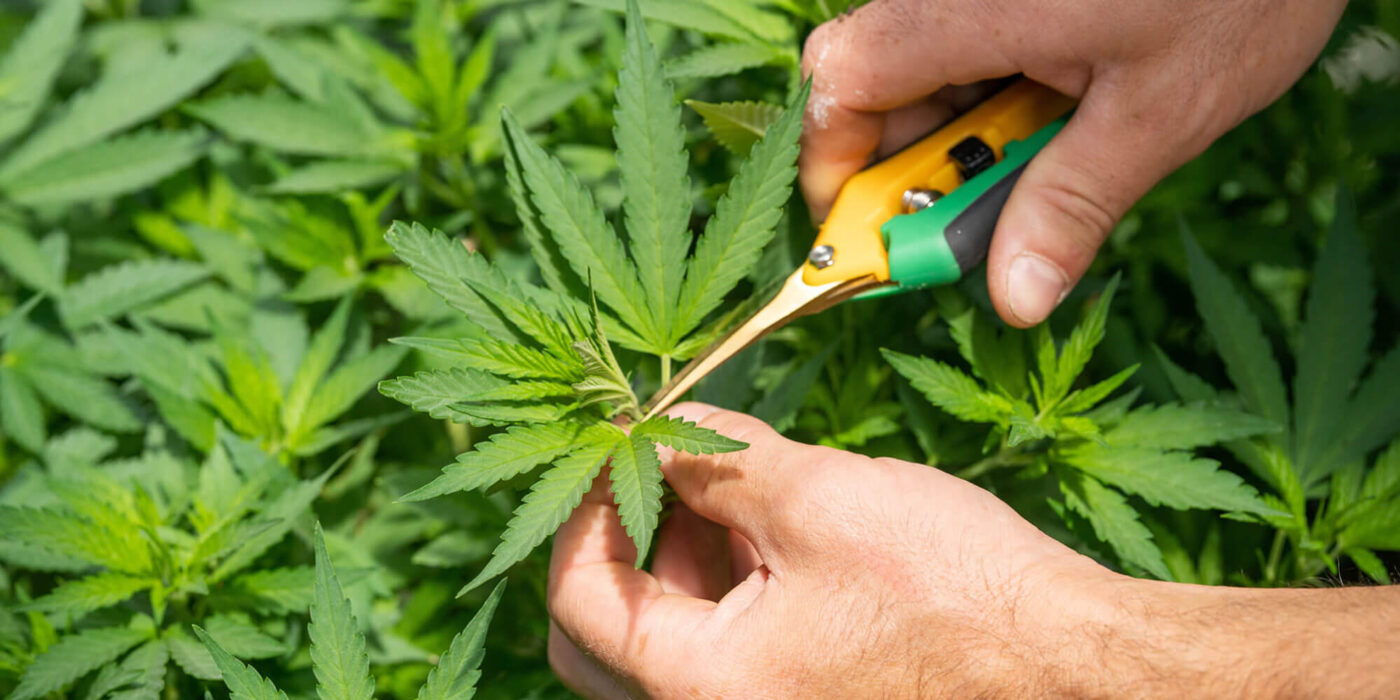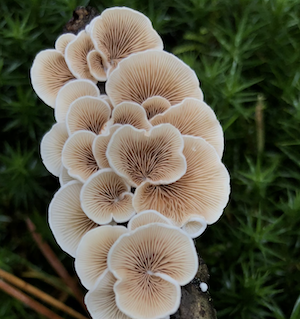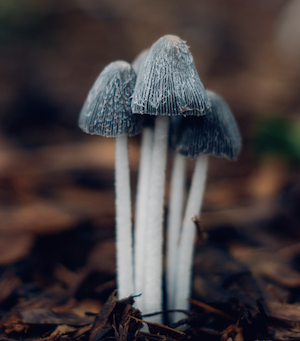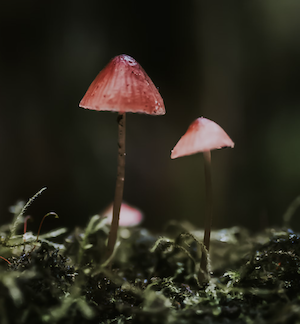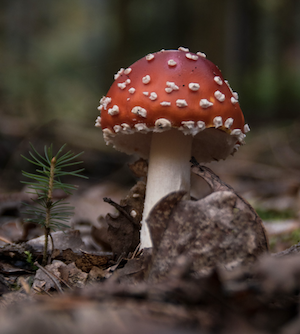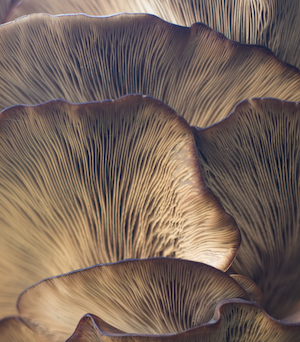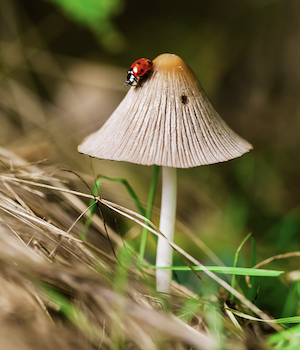Cannabidiol (CBD), a non-psychoactive component of cannabis, has garnered widespread attention for its purported health benefits. While claims range from reducing anxiety to alleviating chronic pain and improving sleep, it’s vital to examine the science behind these assertions.
1. What is CBD?
CBD is one of over 100 cannabinoids found in the cannabis plant. Unlike THC (tetrahydrocannabinol), it doesn’t produce a “high.” It interacts with the body’s endocannabinoid system (ECS), which regulates various physiological processes like mood, pain perception, and immune response.
CBD and Anxiety: Fact or Placebo?
Many users report relief from anxiety symptoms after using CBD. Preliminary studies suggest that it may modulate serotonin receptors in the brain, similar to how antidepressants work. For example, a 2015 review of animal and human studies found CBD potentially effective for generalized anxiety disorder (GAD), social anxiety, and post-traumatic stress disorder (PTSD).
However, large-scale, long-term clinical trials are lacking. Some scientists caution that the effects may vary depending on dosage, formulation, and individual differences.
2. Pain Management: A Natural Alternative?
CBD is often marketed as a pain reliever, particularly for chronic conditions like arthritis. Its anti-inflammatory properties might help reduce inflammation and pain by interacting with CB1 and CB2 receptors in the ECS.
Key research findings include:
- Arthritis: Studies on rats show reduced joint swelling.
- Neuropathic Pain: Human studies suggest modest relief, but more data is needed to understand the mechanism.
The results remain mixed, with some participants experiencing little to no effect.
By the way, magic mushrooms, which contain the psychoactive compound psilocybin, have been studied primarily for their potential to treat mental health conditions such as depression, anxiety, and PTSD. However, emerging research suggests they might also play a role in pain management.
3. Can CBD Improve Sleep?
CBD’s calming effects might indirectly aid sleep, particularly for individuals with anxiety or chronic pain. A 2019 study published in The Permanente Journal showed that 66% of participants reported better sleep initially, although results fluctuated over time.
However, the evidence is inconclusive, and experts highlight that dosage plays a critical role. Low doses may have a stimulating effect, while higher doses appear sedative.
4. The Regulatory Landscape
The legal status of CBD varies globally:
- United States: CBD derived from hemp (containing <0.3% THC) is federally legal but unregulated.
- European Union: Regulations differ by country, often allowing CBD as a supplement.
- Other Countries: In places like Canada, CBD is treated like cannabis and requires strict licensing.
A lack of standardization means consumers might encounter inconsistent product quality, varying potency, and even harmful contaminants.
Risks and Side Effects
CBD is generally considered safe, but it may cause side effects, including:
- Fatigue
- Diarrhea
- Changes in appetite or weight
It can also interact with medications like blood thinners, posing risks for some individuals. Consulting a healthcare provider is recommended before starting CBD.
Common Misconceptions
- CBD Works Immediately: Effects vary by individual, formulation, and dosage.
- All CBD Products Are Equal: Quality depends on manufacturing standards and third-party testing.
- CBD Cures Diseases: While promising, CBD is not a cure for any medical condition.
1. CBD Works Instantly
A common belief is that CBD delivers immediate effects. However, it often requires consistent use over days or weeks to build up in the body and produce noticeable benefits. Factors like dosage, method of consumption, and individual metabolism influence the time it takes to feel effects.
2. All CBD Products Are the Same
Not all CBD is created equal. The market is flooded with products that vary in quality, potency, and purity. Consumers should verify third-party lab tests and look for reputable brands offering certificates of analysis (COA). Full-spectrum, broad-spectrum, and isolate formulations provide different results, which can confuse first-time users.
3. Higher Doses Work Better
Many assume that taking more CBD leads to stronger effects. In reality, CBD has a bell-shaped dose-response curve, meaning excessive amounts may reduce its effectiveness. Finding the optimal dose often involves trial and error.
4. CBD Cures Diseases
Though CBD is marketed as a treatment for anxiety, pain, and even cancer, it’s not a cure. Current evidence only supports its use for specific conditions like epilepsy (e.g., FDA-approved Epidiolex). Exaggerated claims often arise from anecdotal reports or misinterpretation of preliminary studies.
5. CBD is Free from Side Effects
Despite its reputation as safe, CBD can cause mild side effects like drowsiness, dry mouth, or diarrhea. It may also interact with medications such as blood thinners or antidepressants, potentially leading to adverse reactions. Consulting a healthcare professional before use is critical.
6. CBD Is Legal Everywhere
The legality of CBD depends on its source and local regulations. Hemp-derived CBD with less than 0.3% THC is federally legal in the U.S., but laws vary by state. In some countries, CBD is strictly regulated or prohibited, causing confusion for consumers.
7. CBD is Non-Psychoactive
While CBD doesn’t produce the intoxicating effects of THC, labeling it as “non-psychoactive” is misleading. It influences mood, anxiety, and perception, which are psychological effects. Terms like “non-intoxicating” are more accurate.
8. CBD is Risk-Free Because It’s Natural
Many assume natural products are inherently safe. However, unregulated CBD products may contain contaminants like heavy metals or pesticides. Additionally, the absence of proper dosage guidelines adds to the risks of misuse.
9. CBD Is Addictive
CBD itself is not addictive, but dependence can develop when it’s used improperly or for non-medical purposes. Its interaction with dopamine pathways can lead to behavioral patterns resembling addiction in rare cases.
10. You Can Trust Every Online Review
The booming CBD market has led to numerous fake reviews, often paid for by companies. Consumers should rely on verified third-party platforms and expert opinions instead of anecdotal claims online.
Future of CBD Research
The current body of evidence, while promising, is limited. Ongoing clinical trials aim to uncover more about CBD’s efficacy and safety. Key areas of focus include:
- Chronic pain management
- Neurological disorders like epilepsy
- Mental health conditions
Conclusion
CBD shows potential for improving well-being, but exaggerated claims often outpace scientific evidence. As research advances, clearer guidelines and standardized practices will emerge, offering consumers a safer path to exploring its benefits.
FAQs
1. Is CBD legal everywhere?
No, CBD’s legality depends on regional laws. Always check local regulations before purchase or use.
2. How do I ensure product quality?
Look for third-party lab tests, certificates of analysis (COA), and products from reputable brands.
3. Can CBD make you “high”?
No, CBD is non-psychoactive and does not produce a high.
4. How should I dose CBD?
Start with a low dose and gradually increase, consulting a healthcare provider for guidance.
5. Does CBD work for everyone?
Individual responses vary based on genetics, health conditions, and product quality.
6. Can CBD be addictive?
CBD is not addictive, but dependence on any substance is possible with misuse.
